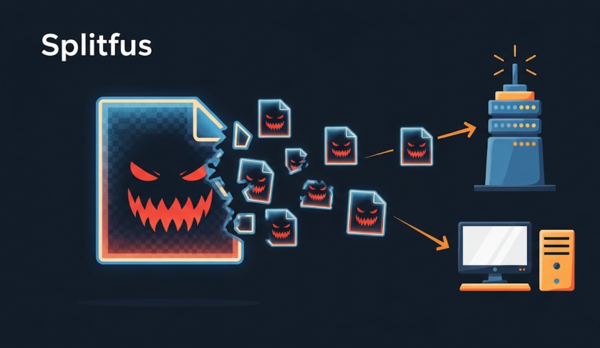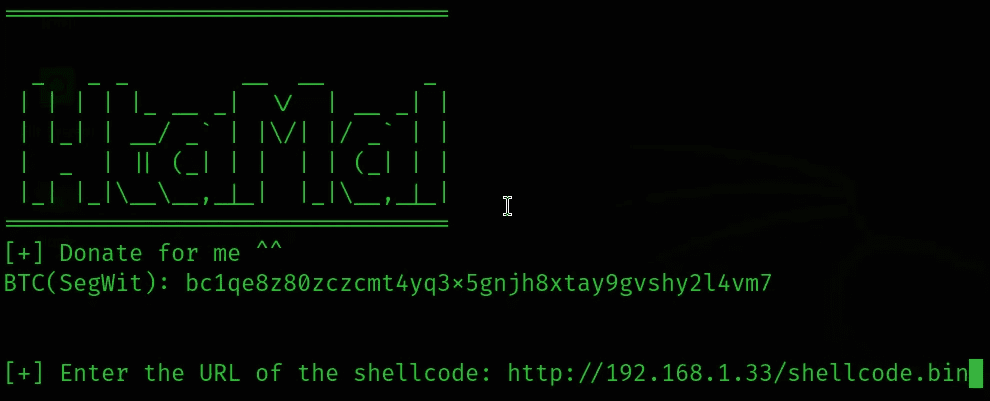At a time when the number of people working from home is skyrocketing, so are scams on the Internet. Do you think you will be safe because there are anti-phishing software to help you? Wrong, there are methods of fraud on the Internet so sophisticated that even the most advanced software cannot detect it. Those are scams that use social engineering to hit your own immature psyche.
| Join the channel Telegram of the AnonyViet 👉 Link 👈 |

In this article, we will learn how many types and mechanisms of Internet scams exist, their vulnerable victims, and how we protect ourselves from these scams.
What is Internet Scam?
Internet fraud is a form of fraud that uses a number of high-tech methods to entice users to provide valuable information such as email, phone number, home address, bank number, password. Although they come in many different forms and methods, their sole purpose is to steal your data. Most scams can be classified into the following 3 categories.
Scam money by email
The trick of this trick is to hit the victim’s innocence. Hackers will send fake emails to reputable organizations such as banks, hospitals, etc. to ask you to transfer some money for some purpose. They will then ask you to enter your password to authenticate it’s you. Bing go! So you gave them the password and gave them some money as a gift. These emails often go straight to our inbox, because it has passed the spam algorithm.
Using the name of friends
Have you ever received a message from Messenger saying they need money urgently? For example, they lost their wallet on the street and need you to transfer tens of millions of dollars to Momo to take the bus home.
Hackers often use hacked accounts to perform this trick in order to make some money from your relationships. In the future, you should create your own password for your friends (if you have a wife, you need this even more).
Legal issue
Some guys, after finding your information, find out that you still owe the phone installment. Knowing this is an extremely interesting and very beneficial information, the hacker faked the side of the store asking for installment payment. Due to the debt collection every day, he broke up and reclaimed the XS Max that he gave to his girlfriend because he wanted to atone. Does the script make sense?
How Internet scams work
Because Internet fraud works because it hits right at the common human psychology of seeking and avoiding bad luck. These are some common human psychology when faced with certain situations, for example.
Fear of missing something: You only need to spend 2 million to pay for shipping, this 70 million SH car will be yours. This car is completely yours, as you are the lucky one to land it.
Disgusting unhappiness: If you don’t buy it now, you will miss out on success and your life will be filled with unhappiness.
Dependent things: The cost you have to spend is just mediocre for the results you get.
How do Internet scammers find their victims?
Internet scammers look for victims in several ways:
Phishing Email: This is probably the most widely used trick, scammers will transmit fake messages to trick you into logging into websites they have made available such as banks and e-commerce sites to scam you. steal valuable information.
Portable Phishing: Like phishing messages, phishing apps trick you into downloading malicious software to get your information.
Counterfeit Software (Spoofing software): Sometimes called scareware, because they are notifications that say your phone has a virus. These messages ask you to download a software with a cute name like AntiVirus Plus to remove viruses, without your knowledge that they are actually viruses.
Spam links: As the name implies, scammers will comment, or send you content to encourage you to click a certain link. These links will take you to a phishing site or in combination with the methods above to get your information.
How to protect yourself from Internet scams
In most cases, prudence and doubt can save you from these afflictions. But if you don’t have that personality, here are some tips you can try:
Try not to reveal too much sensitive information: The more sensitive, private information you post on social media, the more people will notice you (notice your wallet).
Do not click on ads, strange links: If you need to check your financial data, go to the official banking pages and log in there. Try not to visit strange websites.
Continually requesting private information: If someone tries to ask you for sensitive information, or you suspect that person is pretending to be friends, talk to that person about past stories or things only the two of you know. Is that a fake?
Never give out your password to anyone: No one, not even those in tech support, will ever ask you for a password.
Never give cash or wire transfers to strangers: When someone asks you to transfer money, ask them why, if the person pretends to be an acquaintance of your friend, ask the friend directly. Unless you are the buyer, never give cash to the shipper.
What should the victim do?
If you’ve been fooled by some of the above methods, here’s what you should do right now:
Report back that trick: You can report that trick to the police or Group Anonyviet.
Contact the bank: Ask the bank to refund any wrong charges. If it’s serious, ask the bank to block the card and issue you a new card.
Check for viruses on your computer: If you suspect that your computer has a virus, you can download it antivirus software and scan immediately.
Change Password: Strong password is a password that includes uppercase, lowercase, numbers, and special characters, the length must be more than 10 characters.
Notify your loved one: If you have been attacked, tell your loved ones so they don’t get trapped again.
How to avoid being targeted?
While you can’t stop scammers from texting you, you can still find other ways to fight them. First, make sure spam email blocking is turned on. In case, a phishing email arrives in your inbox, make sure not to click on any links and do not enter your personal information there.











